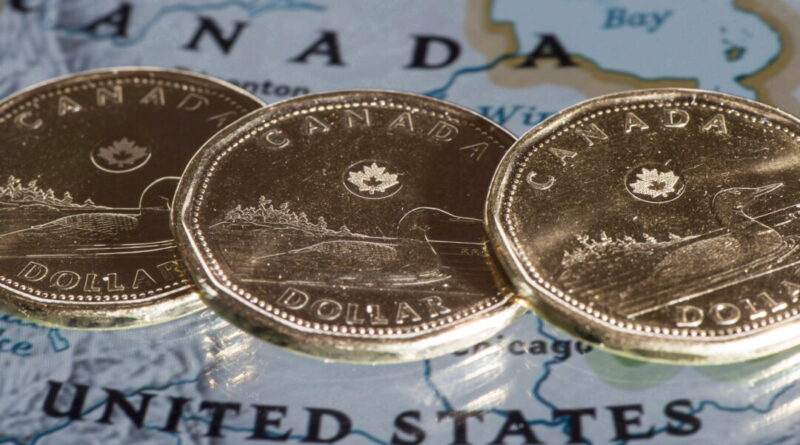Struggling with a Weak Loonie? Tips for Saving Money on Your Travel Plans
Julia Wilson and her mom have been planning an annual weekend getaway to New York City for her November birthday for the past few years. The trip usually involves dinner reservations and shopping.
However, Wilson noted that this year, celebrating her 28th birthday felt a bit subdued. Like many Canadians traveling to the U.S., she had to be mindful of the exchange rate and make budget-friendly choices on how to spend her money.
“The high U.S. dollar exchange rate for us Canadians made it challenging to justify unnecessary expenses,” Wilson explained. “I preferred taking advantage of sales back home in our own currency rather than spending while traveling.”
As the loonie’s value weakens, many travelers are facing the reality of either reducing vacation spending or skipping trips to the U.S. altogether.
The Canadian dollar has dropped to around 70 cents US in recent weeks, nearing a five-year low.
Considering this, Wilson decided to cut back on shopping during her trip this time.
“I used to prioritize a few shops in New York for our itineraries in the past,” she mentioned. “But with the inflated prices, I didn’t feel the same urge to visit them this year.”
A fall survey by BMO revealed that 79 percent of Canadians planned to reduce their holiday spending this year, including on vacations.
Almost one-third found international travel costs, including airfare, accommodations, and fuel, too high for their budgets. Around 45 percent considered travel a lower priority while managing daily expenses.
With expenses rising, Gayle Ramsay, BMO’s head of everyday banking and customer growth, emphasized the need to economize within budgets or shorten stays to cope with the current conditions.
Although Canadians planned to spend an average of over $1,800 on travel this season, Ramsay suggested finding ways to save money, like opting for less expensive dining options or using travel credit cards that waive foreign transaction fees.
She also advised planning, saving, and monitoring expenses while on vacation to avoid surprises upon return.
Despite the currency fluctuations, snowbirds, who spend winters in warm U.S. states like Florida and Arizona, remain steadfast in their travel plans.
The Canadian Snowbird Association anticipates most of its 115,000 members will migrate to the U.S. sunbelt as usual.
However, many snowbirds might have to reassess their spending habits due to the weaker Canadian dollar.
Evan Rachkovsky, a spokesman for the association, explained that snowbirds typically adjust discretionary spending first when currency values impact their budgets.
They may also shorten their stays to reduce travel medical insurance costs, which can be expensive in the U.S.
For travelers planning future trips, Wilson suggested finding savings in transportation and logistics to allocate more funds for memorable experiences rather than convenience.



